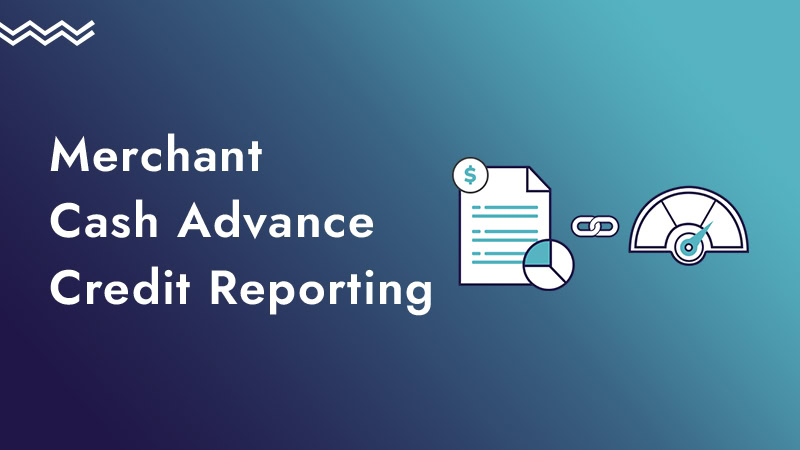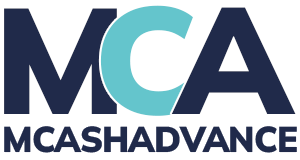
We often get questions about how credit checks work and whether MCA activity affects your credit score. If you’re thinking about applying for funding, it’s important to understand how credit pulls, credit reporting, and default consequences can shape your financial future. We’ll walk you through how it works, what to expect, and how to protect yourself.
What Type of Credit Check We Use
When you apply for a merchant cash advance, we usually check your credit. Some providers use a soft pull, others run a hard inquiry. The difference matters. A hard pull can temporarily lower your credit score and shows up on your credit report. A soft pull does neither.
We typically perform a soft credit check when reviewing applications, unless your file requires deeper evaluation. This lets us assess your credit without impacting your score. If we ever need to escalate to a hard inquiry, we’ll always ask for your permission first.
What Shows Up on a Soft Pull
A soft pull still gives us a snapshot of your credit profile. It shows your score, any public records, judgments, or defaults, and your active credit lines. But it doesn’t notify other lenders, and it won’t affect your score.
When a Hard Inquiry Is Used
A hard inquiry gives deeper insight and appears on your report. Multiple hard pulls in a short time can lower your score and make you look riskier to other lenders. Some MCA providers use hard pulls during underwriting, especially if a large advance is requested or a personal guarantee is involved.
Which Bureaus Are Checked
We typically pull credit from Experian or Equifax when reviewing personal credit. Some providers may also check business credit through agencies like Dun & Bradstreet. Each provider is different, so always ask upfront which bureaus will be accessed.
MCA Credit Reporting Practices
MCAs are not loans. They are classified as purchases of future receivables, which means most providers do not report your repayment history to personal or business credit bureaus.
What This Means for Your Score
- On-time payments won’t improve your credit score.
- Early repayment won’t help your business credit file.
- No positive credit history is created.
If building your credit is a key goal, a traditional loan or line of credit may be a better fit.
What Happens If You Default
If payments are missed or you breach your agreement, things change.
Internal Flags
We track missed payments immediately. A single failed withdrawal could put you in technical default. At this stage, we try to contact you and work out a plan.
Escalation and Legal Action
If payments continue to fail, we may:
- Send your account to a third-party collection agency
- Enforce a UCC lien or confession of judgment (COJ) if one was signed
- File a claim that becomes a public judgment, which can appear on your personal or business credit report
Some collection agencies report to Equifax, Experian, or business credit bureaus, depending on how the debt is structured.
Protecting Your Credit During the MCA Process
Even though MCA activity typically isn’t reported to bureaus, there are still ways your credit can be affected. Here are steps you can take:
1. Choose Soft Pull Providers
Apply only to MCA providers who disclose that they use soft credit pulls during the initial review process.
2. Avoid Multiple Hard Inquiries
If you’re shopping around, avoid applying to multiple MCA providers at once unless you’ve confirmed they use soft checks.
3. Repay on Time
MCAs usually deduct payments daily or weekly. If a withdrawal fails, reach out to us immediately. Staying current avoids escalation and protects your standing.
4. Watch for Guarantor Risk
If your MCA contract includes a personal guarantee, your personal credit could be affected if the business defaults. Always review your agreement carefully before signing.
5. Ask What Gets Reported
Even though we don’t report repayment to bureaus, third-party collections or legal filings might. Ask upfront what happens if things go wrong.
We’ve seen how misunderstandings around credit checks and reporting can cause problems later. If you’re ever unsure about how we handle inquiries, defaults, or credit impacts, just ask. We’ll always be clear, no surprises, no hidden terms, just straightforward answers so you can make the right decision for your business.
Ready to Apply?
or learn more about MCA same day funding

